What is TRON DAO (TRX)?
Last updated
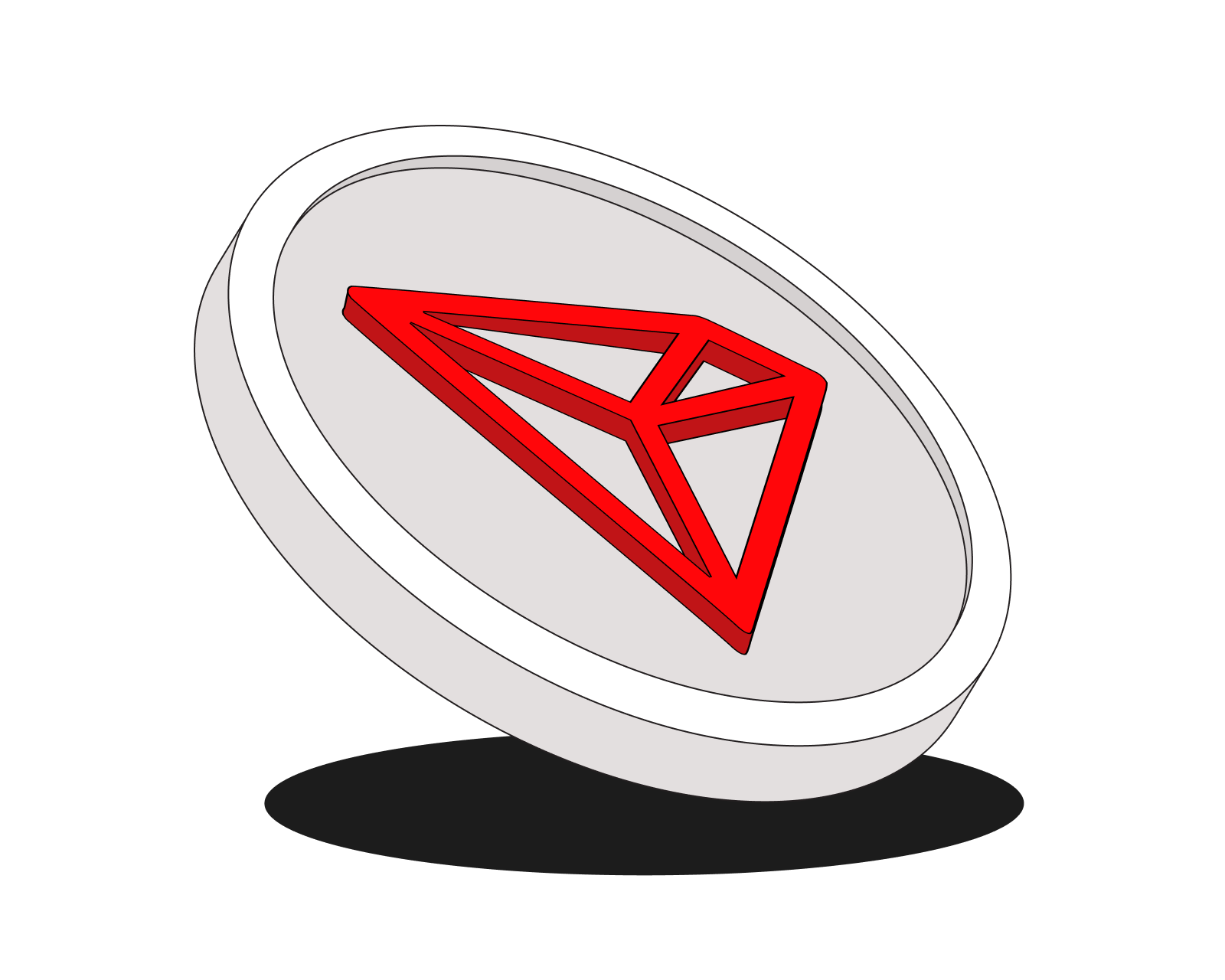
Table of Contents
TRON Blockchain (TRX): Powering the Future of Decentralized Finance & Entertainment
TRON is a high-performance blockchain platform designed for decentralized applications (dApps), smart contracts, and digital content sharing. With near-zero transaction fees and fast processing speeds, TRON is a popular choice for developers, gamers, and DeFi enthusiasts. Its native cryptocurrency (TRX), powers the network, facilitating transactions, governance, and rewards.
TRON is governed by TRON DAO, a decentralized autonomous organization that allows the community to shape the network’s future. By embracing decentralization and transparency, TRON aims to eliminate middlemen, empowering creators and users worldwide. This article explores TRON's history, functionality, use cases, and its role in the decentralized web.
Get started with a quick introduction to cryptocurrencies. Learn about blockchain technology, and discover how DAOs are shaping decentralized governance.
History and Evolution of TRON
Founded in 2017 by Justin Sun, TRON initially launched as an ERC-20 token on Ethereum before migrating to its own mainnet in June 2018. Since then, TRON has undergone several key developments:
-
2018: Acquired BitTorrent, one of the world’s largest peer-to-peer (P2P) file-sharing platforms, integrating it into TRON’s ecosystem.
-
2019: Introduced TRC-20 tokens, a standard similar to Ethereum’s ERC-20, facilitating DeFi and stablecoin issuance.
-
2020: Expanded into Decentralized Finance (DeFi) with platforms like JustLend (lending) and JustSwap (DEX).
-
2021: Transitioned into a DAO, giving TRX holders more control over governance and network decisions.
-
2023-2024: Became a leading blockchain for USDT transactions, surpassing Ethereum in stablecoin transfer volume.
With continuous innovation, TRON has positioned itself as one of the most scalable and widely used blockchains in the industry.
How TRON Works
Delegated Proof-of-Stake (DPoS) Consensus
TRON operates on a Delegated Proof-of-Stake (DPoS) consensus mechanism, ensuring fast and energy-efficient transaction validation. TRX holders vote for 27 Super Representatives (SRs), who are responsible for processing transactions and securing the network. This system allows TRON to achieve speeds of up to 2,000 transactions per second (TPS), significantly higher than Ethereum’s ~15 TPS.
Smart Contracts & dApps
TRON’s smart contract functionality supports Solidity-based applications, making it easy for Ethereum developers to migrate projects. Thousands of dApps exist in TRON’s ecosystem, spanning DeFi, gaming, NFTs, and content sharing.
Resource Management: Bandwidth & Energy
Instead of traditional gas fees, TRON uses a resource-based model:
-
Bandwidth: Used for free transactions.
-
Energy: Required for executing smart contracts.
Users can stake TRX to obtain these resources, reducing costs and improving network efficiency.
TRX: The Fuel of the TRON Ecosystem
TRX, TRON's native cryptocurrency, plays a crucial role in the network and is used for:
- Transaction Fees: Paying for transactions on the TRON blockchain. Learn about cryptocurrency network fees.
- Smart Contract Execution: Powering dApps and decentralized applications.
- Staking and Voting: TRX holders stake tokens to vote for Super Representatives and participate in governance.
- dApp Interactions: TRX is widely used in gaming, DeFi, and entertainment dApps.
- Content Monetization: Content creators on TRON can earn TRX through tipping, rewards, and subscriptions.
- Resource Acquisition: TRX can be used to acquire bandwidth and energy, necessary for operating dApps efficiently.
Use Cases for TRON and TRX
Decentralized Entertainment & Content Sharing
TRON’s mission is to empower content creators by eliminating intermediaries and allowing them to monetize their work directly. Projects like BitTorrent File System (BTFS) and APENFT enhance TRON’s content-sharing capabilities.
DeFi (Decentralized Finance)
TRON hosts a growing DeFi ecosystem, with key platforms including:
- JustLend – A lending and borrowing protocol.
- JustStable – A decentralized stablecoin system.
- JustSwap – A decentralized exchange (DEX) for TRC-20 tokens.
Stablecoins & Payments
TRON has become the dominant blockchain for USDT transactions, offering low fees and high-speed transfers. It also supports its algorithmic stablecoin, USDD.
NFTs & Gaming
TRON’s TRC-721 token standard powers NFT marketplaces and blockchain-based games. Projects like WINkLink and APENFT showcase TRON’s commitment to the gaming and digital collectibles industry.
Metaverse & Web3 Applications
TRON’s scalable infrastructure is used to build virtual worlds, metaverse platforms, and decentralized social applications.
TRON's Strengths and Weaknesses
Strengths:
- High Transaction Throughput: DPoS enables fast and efficient transactions, processing up to 2,000 TPS.
- Low Transaction Fees: Compared to Ethereum, TRON offers lower transaction costs.
- Active Community: TRON has large global support and developer engagement.
- Established Ecosystem: Supports a wide range of dApps, DeFi, and NFT projects.
- Scalability: Efficient DPoS model allows seamless scaling.
- Stablecoin Dominance: Major blockchain for USDT transactions.
Weaknesses:
- Centralization Concerns: The DPoS model and Super Representatives have been criticized for potential centralization. Understand more about decentralization.
- Competition: Faces stiff competition from Ethereum, Solana, and Avalanche in the smart contract space.
- Regulatory Scrutiny: TRON has faced legal challenges and evolving compliance issues.
Trading TRX
TRX is widely available on centralized exchanges (CEXs) and decentralized exchanges (DEXs). Users can store TRX in:
- Self-custody wallets like Bitcoin.com Wallet.
- Hardware wallets for added security.
- dApp-compatible wallets for interacting with TRON-based applications.
Understand the importance of secure wallets with What is a Crypto Wallet? and What is an MPC Wallet?. Learn how to create a wallet, how to choose the right one, and how to buy and sell crypto.
TRON's Vision & Future
TRON’s long-term success depends on its ability to maintain decentralization, expand its DeFi and metaverse ecosystems, and navigate regulatory landscapes. With continuous innovation and strong community support, TRON remains a major player in the evolving Web3 and decentralized economy.
More than just a blockchain, TRON is building a decentralized digital economy that is transforming finance, gaming, and content sharing. With its speed, affordability, and scalability, TRON offers a robust ecosystem for developers, investors, and users alike.
Interview with Tron Founder Justin Sun
Bitcoin.com recently sat down with Justin Sun, founder of Tron DAO and advisor to BitTorrent and HTX, for a wide-ranging discussion on Tron’s role in the global crypto ecosystem and the network’s growing importance in stablecoin activity.
In the interview, Sun explains why Tron has become a dominant settlement layer for stablecoins, shares his views on institutional adoption through digital asset treasuries, and discusses broader trends shaping crypto markets, including perpetual futures trading and regional competition between Asia and the United States. The conversation also touches on Sun’s personal outlook on technology, innovation, and long-term visions for the future of digital assets.
Related guides
Start from here →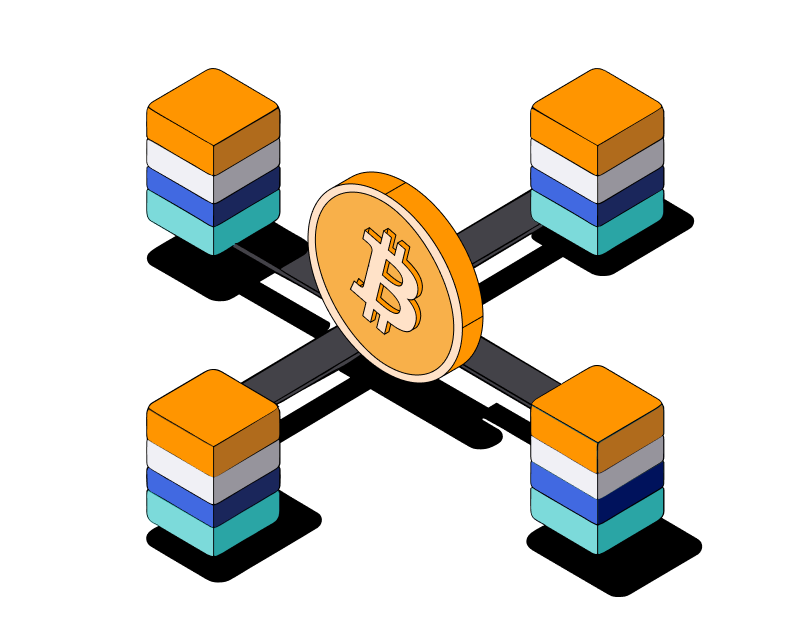
What is a Blockchain?
This beginner's guide explains blockchain, its importance in cryptocurrencies, and how it works. Explore its uses, advantages, and future potential.

What is a Blockchain?
This beginner's guide explains blockchain, its importance in cryptocurrencies, and how it works. Explore its uses, advantages, and future potential.
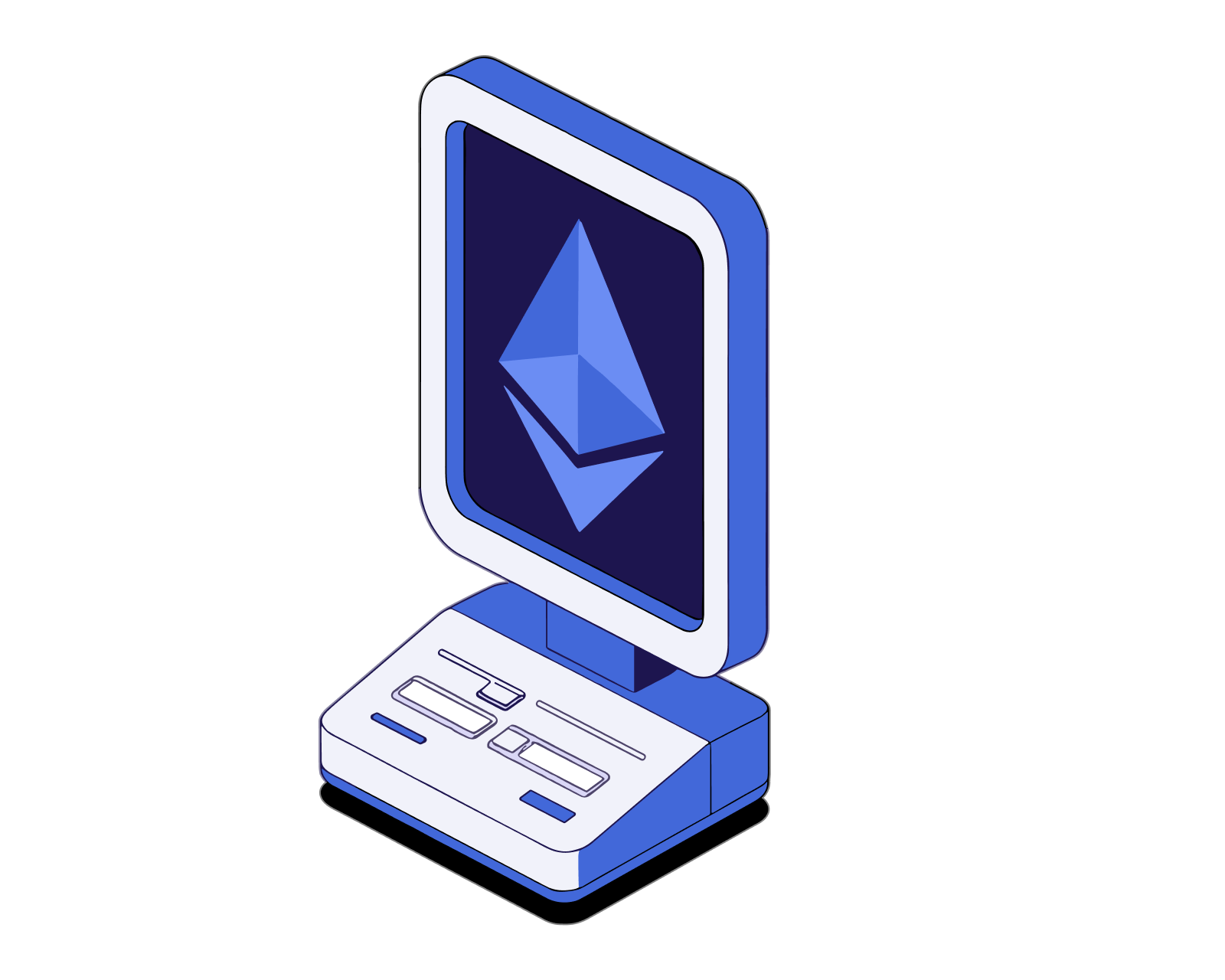
What is DeFi?
Learn what makes decentralized finance (DeFi) apps work and how they compare to traditional financial products.

What is DeFi?
Learn what makes decentralized finance (DeFi) apps work and how they compare to traditional financial products.
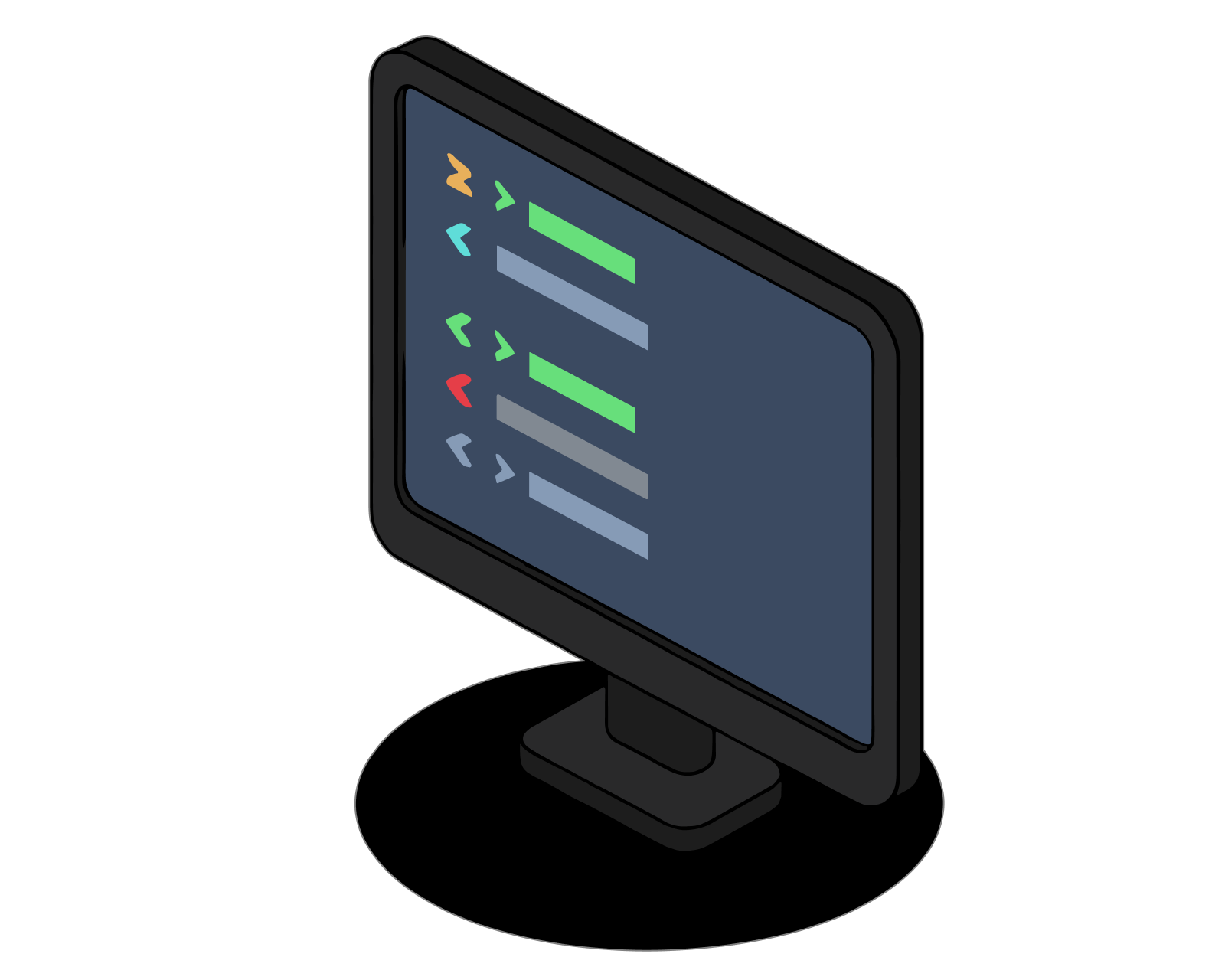
What is a DEX?
A decentralized exchange (DEX) is a type of exchange that specializes in peer-to-peer transactions of cryptocurrencies and digital assets. Unlike centralized exchanges (CEXs), DEXs do not require a trusted third party, or intermediary, to facilitate the exchange of cryptoassets.

What is a DEX?
A decentralized exchange (DEX) is a type of exchange that specializes in peer-to-peer transactions of cryptocurrencies and digital assets. Unlike centralized exchanges (CEXs), DEXs do not require a trusted third party, or intermediary, to facilitate the exchange of cryptoassets.
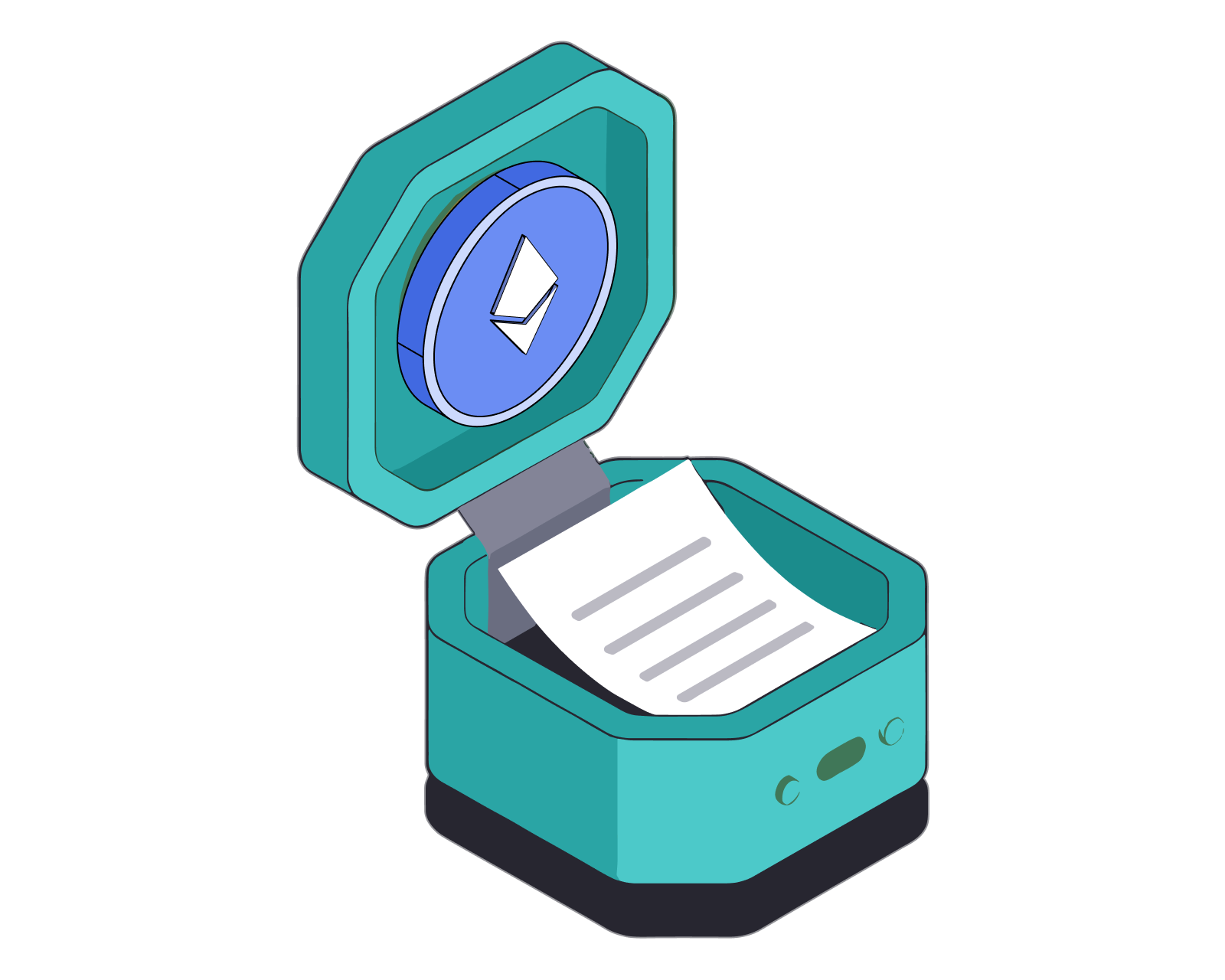
What's a smart contract?
Get the basics on the "software" that runs on decentralized networks.

What's a smart contract?
Get the basics on the "software" that runs on decentralized networks.
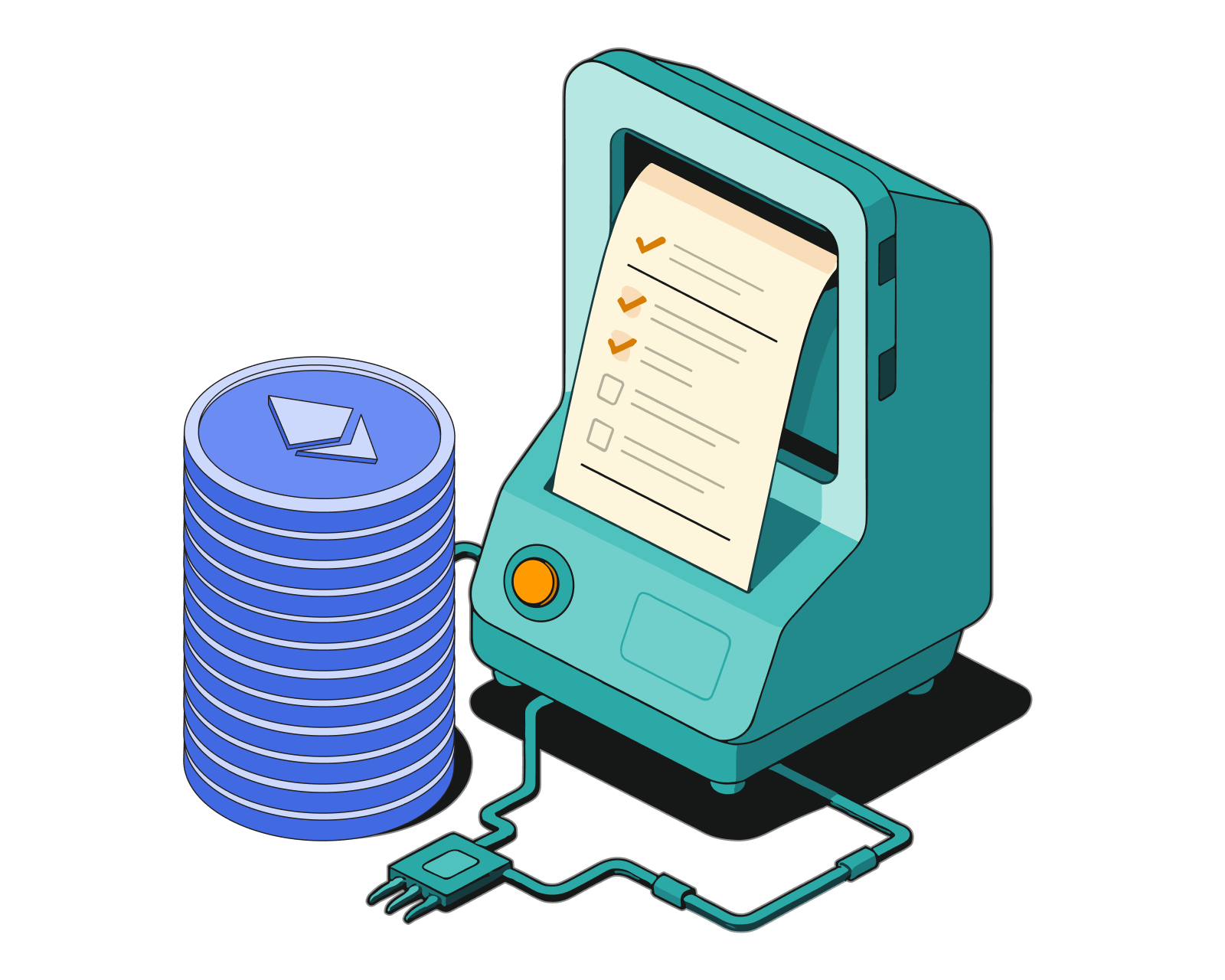
What are ERC-20 tokens?
Learn the basics of the Ethereum token standard, what ERC-20 tokens are used for, and how they work.

What are ERC-20 tokens?
Learn the basics of the Ethereum token standard, what ERC-20 tokens are used for, and how they work.
STAY AHEAD IN CRYPTO
Stay ahead in crypto with our weekly newsletter delivering the insights that matter most
Weekly crypto news, curated for you
Actionable insights and educational tips
Updates on products fueling economic freedom
No spam. Unsubscribe anytime.
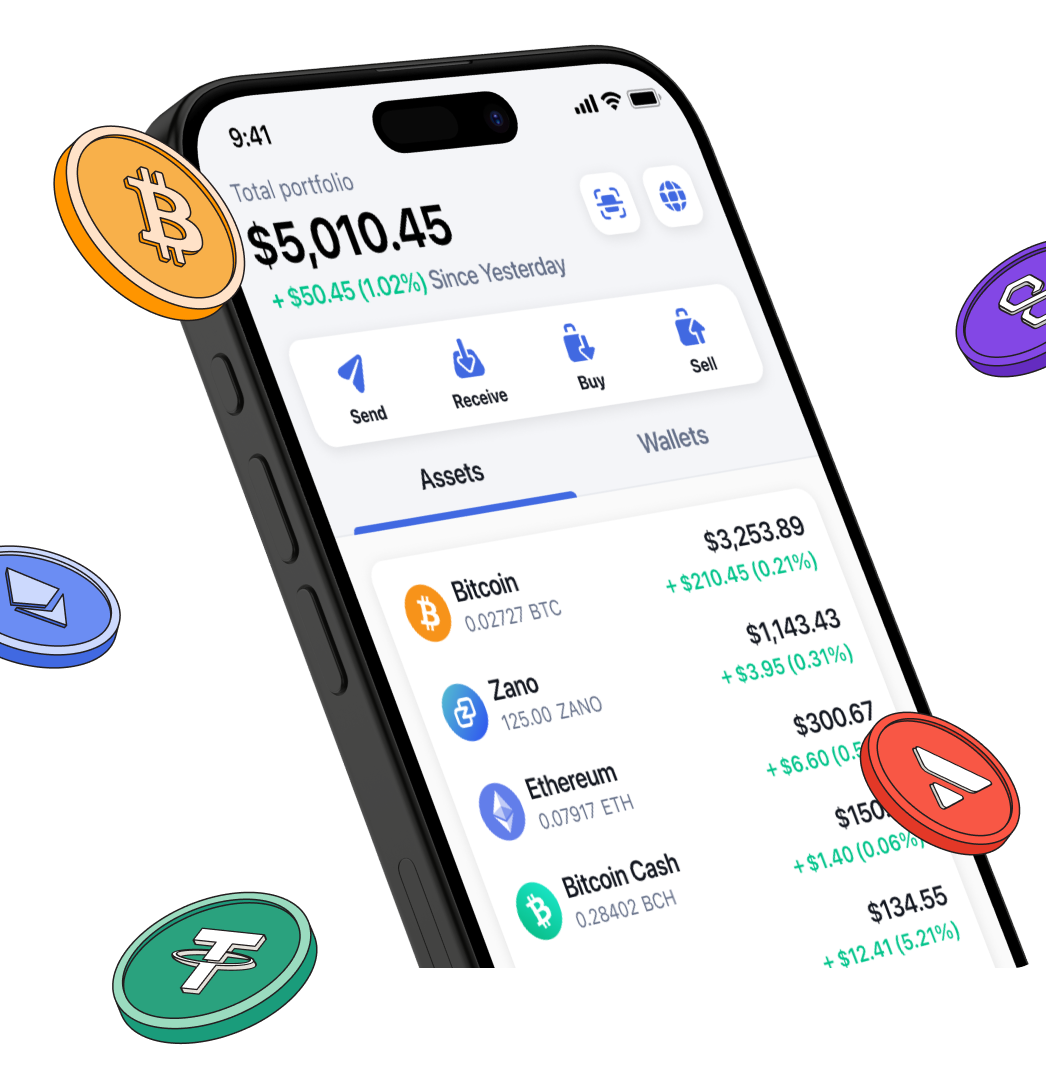
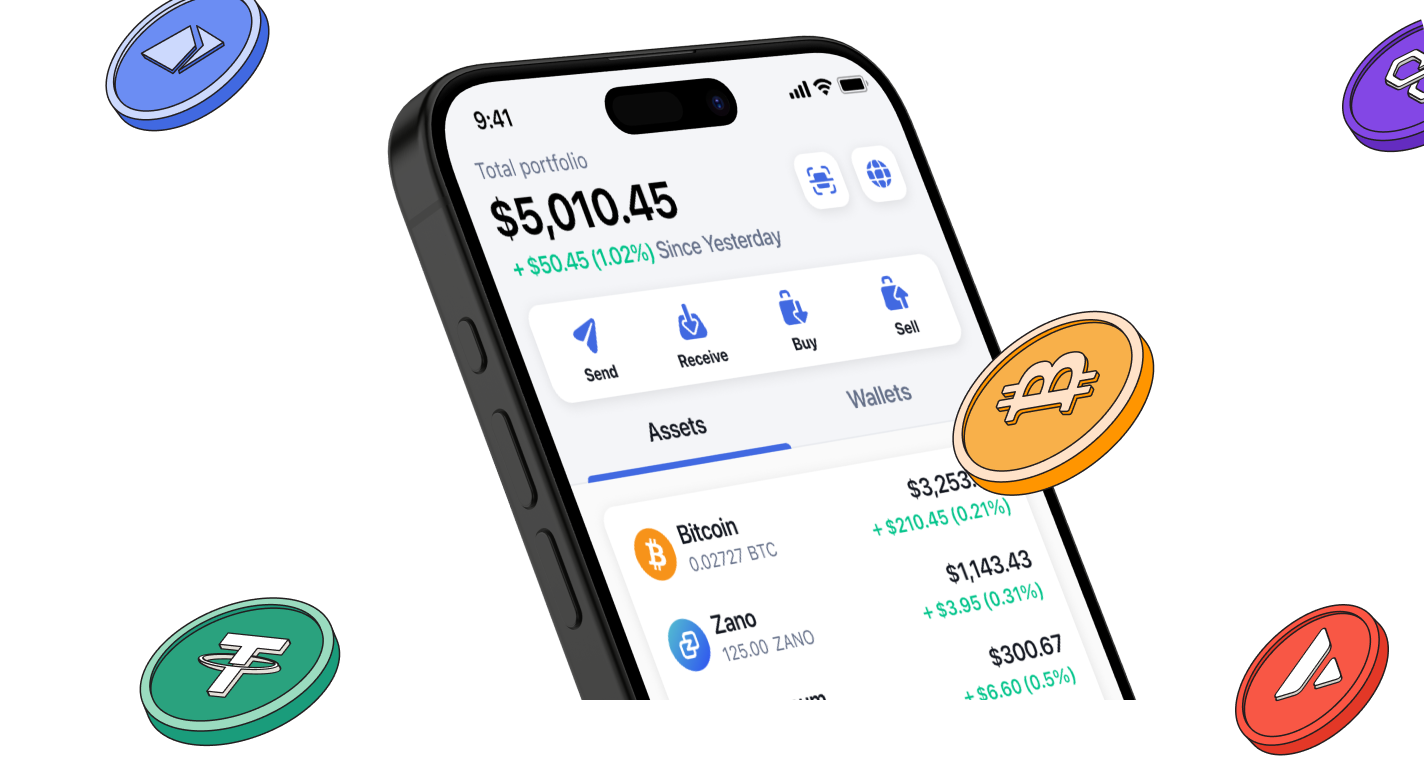
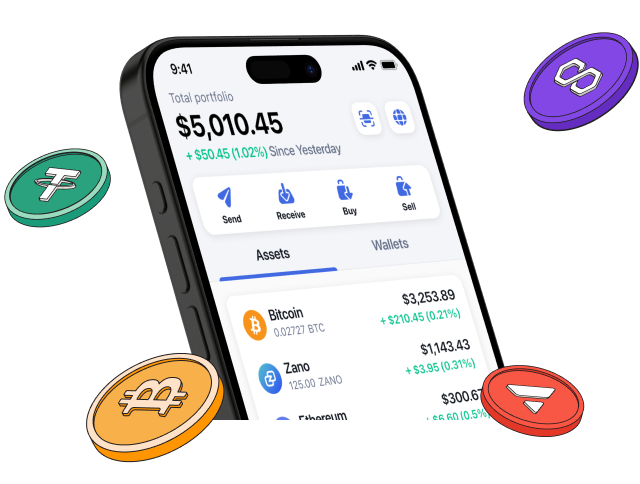
Start investing safely with the Bitcoin.com Wallet
Over wallets created so far
Everything you need to buy, sell, trade, and invest your Bitcoin and cryptocurrency securely

© 2026 Saint Bitts LLC Bitcoin.com. All rights reserved



